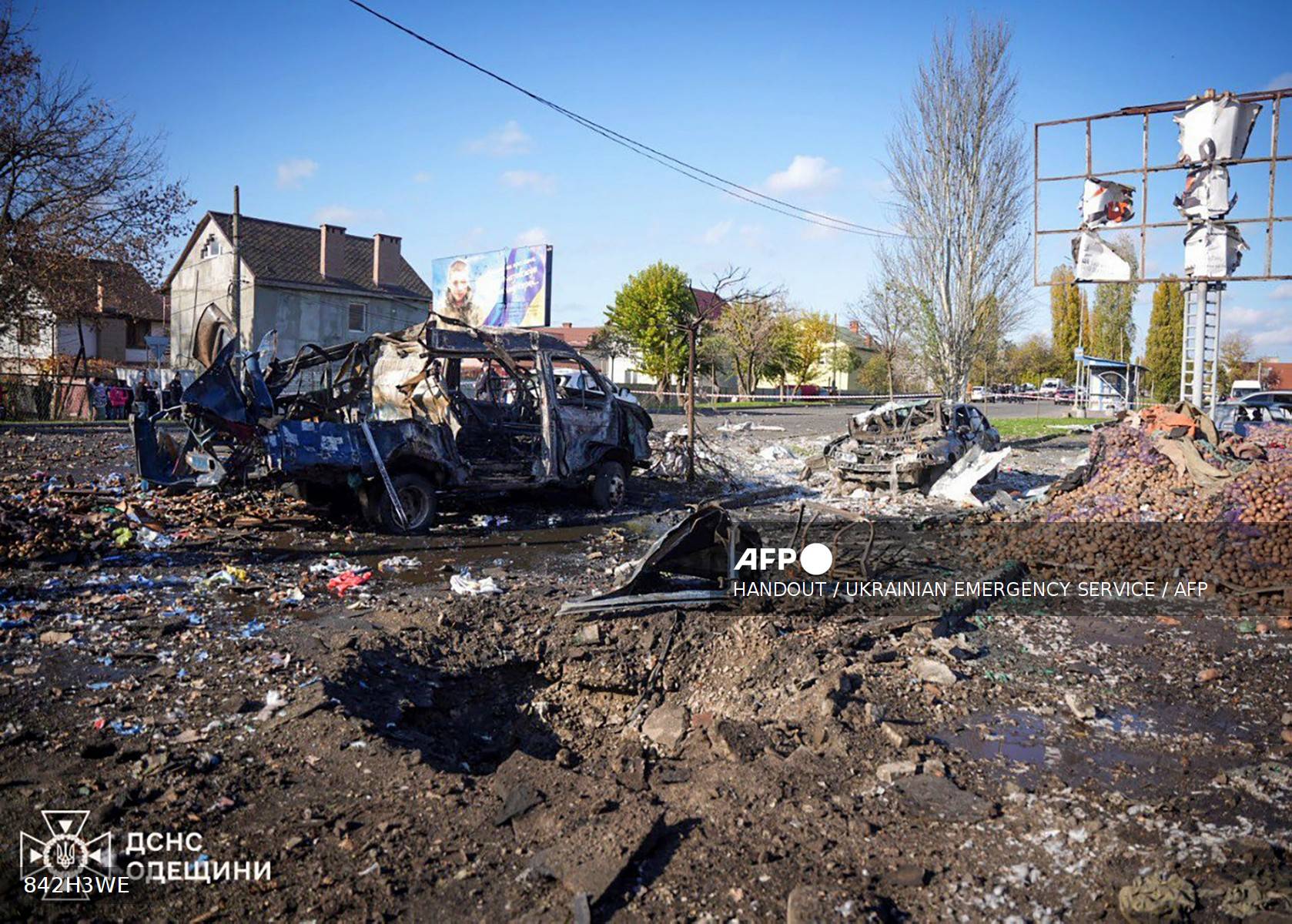
Zachary Rolfe is accused of shooting dead 19-year-old Kumanjayi Walker in a remote outback town in 2019 in a high-profile case that prompted nationwide protests.
Rolfe, 30, has pleaded not guilty.
The trial kicks off amid growing outcry over the number of Indigenous deaths in police custody and follows large-scale racial justice rallies in Australia and around the world.
More than 500 Aboriginal and Torres Strait Islander people have died in custody since 1991, when detailed records began, including at least 11 in the last seven months.
Despite several public inquiries and trials over similar cases, no Australian police officer has ever been convicted of murder over the death of an Indigenous person in custody.
“Given the heightened attention to deaths in custody in Australia, and the Black Lives Matter movement, I think people are using this as a litmus test for whether the courts can provide justice for First Nations families,” said Thalia Anthony, professor of law at the University of Technology Sydney.
In a surprise decision last November, Australia’s High Court blocked an attempt by Rolfe to argue he acted in “good faith” when he shot Walker.
Experts say the ruling took away a key legal defence available to police when carrying out their duties.
In October, another police officer went on trial for murder in Western Australia over the death of a 29-year-old Aboriginal woman in the first such case in that state in a century. He was found not guilty.
Several other Australian officers have faced murder charges before being acquitted or having the charges dropped.
– Three shots fired –
Rolfe will be tried in Darwin, about 1,500 kilometres (930 miles) north of the community of Yuendumu, where Walker died on November 9, 2019.
According to court documents, Rolfe and another officer entered a house to arrest Walker for an alleged bail breach and told him to place his hands behind his back.
Instead, Walker is said to have stabbed Rolfe in the shoulder with a pair of scissors, and a struggle ensued during which Rolfe fired three shots into Walker.
The teenager died that night at Yuendumu police station and four days later Rolfe was charged with murder.
Walker’s death sparked passionate protests in Yuendumu and around Australia, with large crowds marching and calling for justice.
– Police immunity –
Rolfe’s trial has long been delayed by pre-trial proceedings and the Covid-19 pandemic.
When it begins Monday, the prosecution will argue the officer acted unlawfully in shooting Walker three times.
Even with the “good faith” defence struck out, Rolfe still has two other major legal points to rely on: that he acted reasonably or in self-defence.
The case will likely draw the scrutiny of clauses in Australian law that offer police officers immunity, according to law professor Anthony.
“I think we’ll really see an uptick in the campaigning against these special immunities,” she said.
The trial will also inevitably stir debate about the high incarceration rate among Indigenous Australians — believed to be the most imprisoned people in the world — as well as over police accountability.
“The conviction of Derek Chauvin in the US, who was found guilty of the murder of George Floyd, was a small step towards accountability,” said Sophie Trevitt, executive officer of the Aboriginal-led justice coalition Change the Record.
“Here in Australia, we have never seen that accountability.”






